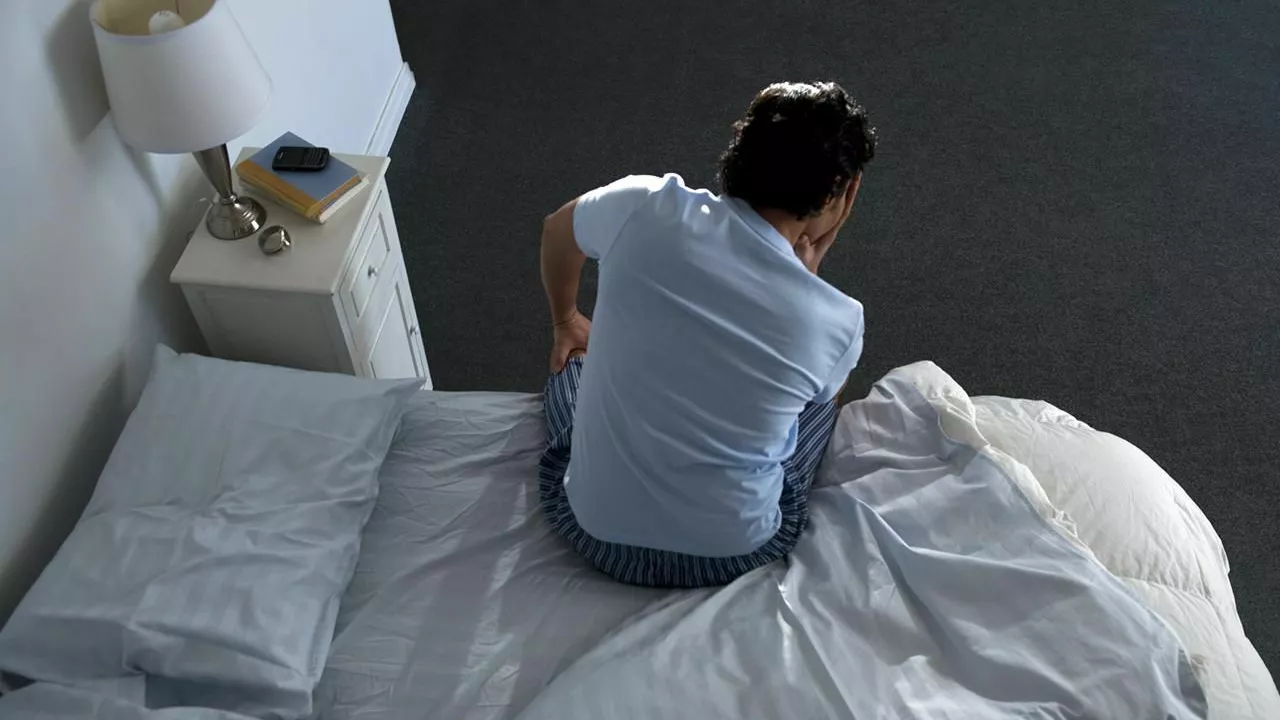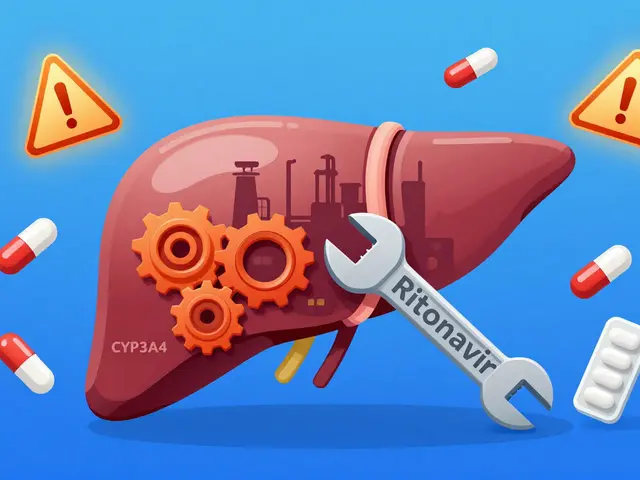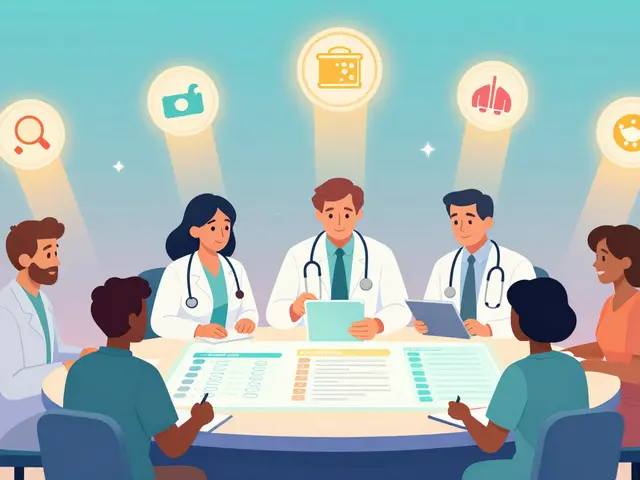Common Stonecrop: The Next Big Dietary Supplement Trend
September 22 2025Nocturia: Why You Wake at Night to Pee and What Helps
Waking up to pee at night? That’s nocturia. It’s common but annoying. A single nightly trip can be normal for older adults, but frequent trips that ruin sleep usually mean something can be fixed. Read on for clear, practical steps you can try tonight and when to get medical help.
Common causes you should know
First, check simple things. Drinking lots of fluids late, caffeine, or evening alcohol often trigger night trips. Diuretics and some blood pressure meds can push you to the bathroom more. Medical reasons include an overactive bladder, enlarged prostate (BPH) in men, urinary tract infection, uncontrolled diabetes, heart failure, and sleep apnea. Less common causes are low kidney concentration ability or certain neurological conditions.
Not all nocturia is the same. Sometimes your bladder can’t hold much at night. Other times your body makes too much urine while you sleep. Pinpointing which is happening matters for treatment.
Practical fixes you can try now
Try these easy steps first. Stop drinking large amounts two to four hours before bed. Cut back on caffeine and alcohol in the afternoon and evening. If you take a diuretic, talk to your doctor about switching it to earlier in the day.
Bladder training and pelvic floor exercises help many people. Practice delaying urination by small steps during the day to increase capacity. Kegels strengthen pelvic muscles and can reduce urgency. Use double voiding: urinate, wait a few minutes, then try again before bed.
If you snore loudly or wake gasping, ask your doctor about sleep apnea—treating it often reduces nocturia. Also check weight, activity level, and salt intake; high salt can increase nighttime urine production in some people.
Medications are an option when behavior changes don’t work. Desmopressin reduces overnight urine production and can be useful for certain people. Anticholinergic drugs or beta-3 agonists ease bladder overactivity. Men with BPH may benefit from alpha-blockers or surgery in severe cases. Because these drugs have risks, a doctor should guide their use.
Worried about an infection or diabetes? Simple tests like a urine dipstick, urine culture, and blood glucose check will tell you fast. Your doctor may also measure how much urine you make at night (night-time urine volume) or use an ultrasound to check post-void residual volume.
When should you see a doctor? If nocturia wakes you two or more times nightly, starts suddenly, comes with pain, fever, blood in urine, swelling, sudden weight gain, or extreme thirst, seek evaluation. If sleep loss affects mood, work, or safety, get checked too.
Nocturia has many causes, and many are treatable. Start with fluid timing and lifestyle changes, try pelvic floor work, and get basic tests if things don’t improve. Small changes often make nights much better.
 18 Jun
18 Jun
Can Tolterodine Help with Nocturia (Nighttime Urination)?
As a blogger, I recently came across the topic of nocturia, or nighttime urination, and wondered if Tolterodine could help with this issue. After doing some research, I found out that Tolterodine, a medication typically used to treat overactive bladder, has shown promise in reducing the frequency of nighttime urination. Studies have indicated that this drug may help improve sleep quality and overall quality of life for those suffering from nocturia. However, it's essential to consult with your doctor before starting any new medication. In conclusion, Tolterodine appears to be a promising option for those struggling with nocturia, but it's crucial to discuss it with a healthcare professional first.
Read More...




